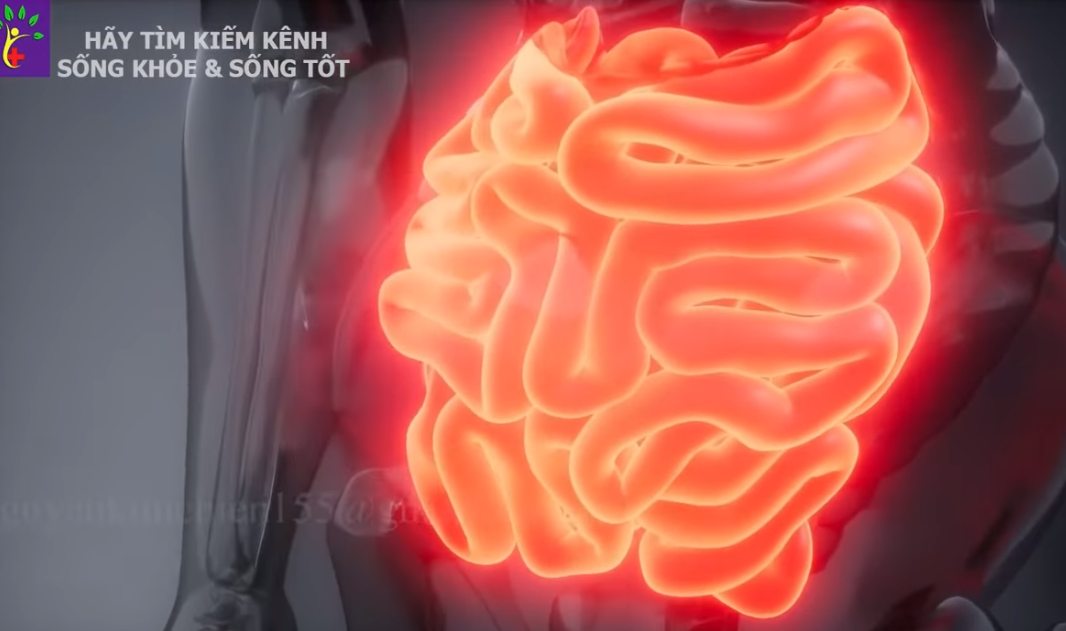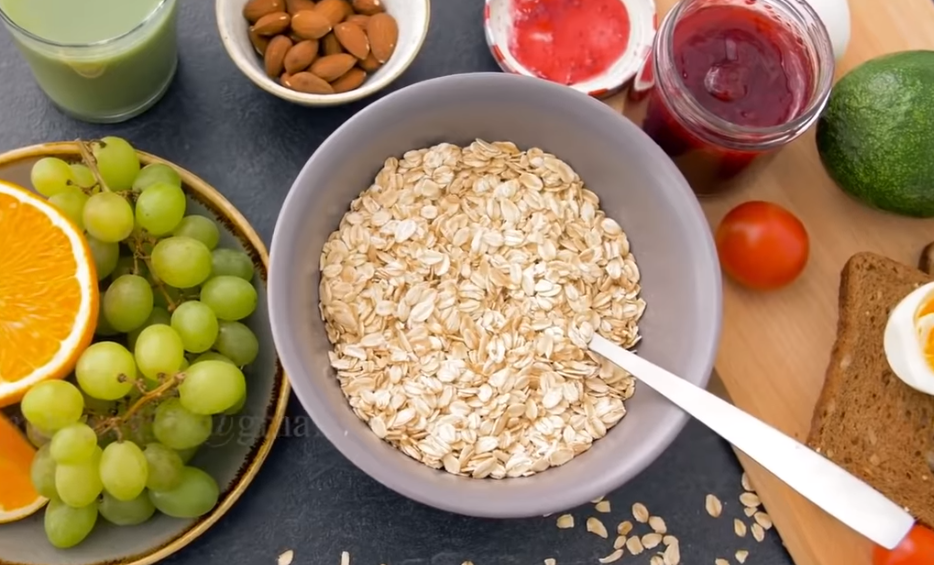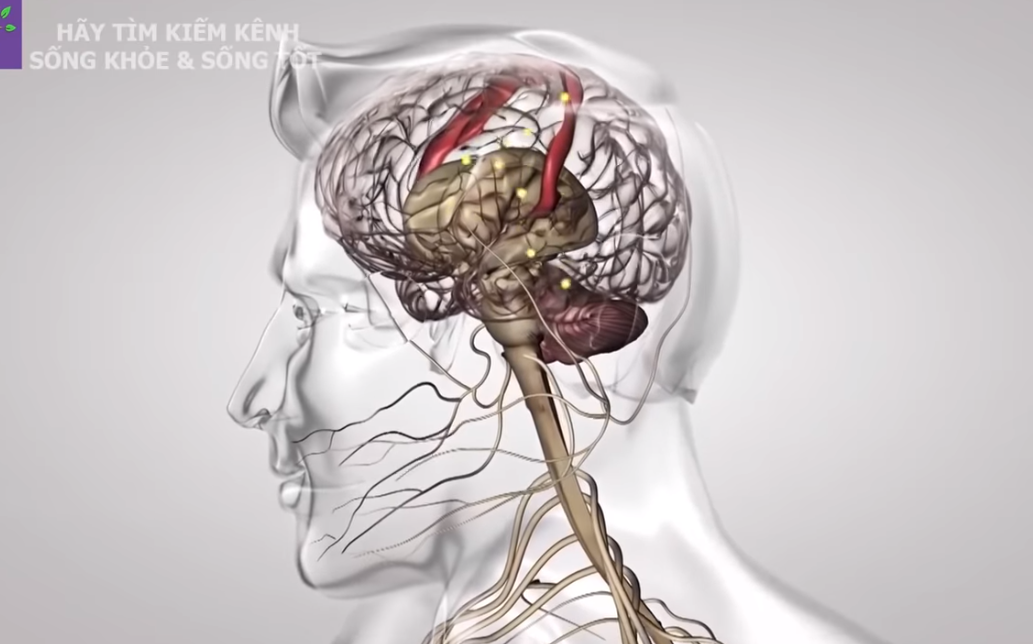That dinner is directly related to the metabolism in the human body at the end of the day. Many studies have shown that diseases such as obesity, diabetes, high blood pressure, and even cancer are closely linked to diet, especially dinner. Therefore, a proper nutritional regimen for this meal is extremely important for our health.
Moreover, it is noteworthy that dinner cannot be done arbitrarily in terms of the way the dishes are prepared, or even the timing. Here are 7 mistakes when having dinner that you absolutely must not make. Otherwise, the consequences will be unpredictable.
7 mistakes when having dinner.
First: Having dinner with too many spicy dishes

Having dinner with a menu that has too many spicy dishes will harm the stomach and is a factor that makes it difficult for you to sleep. Dinner with many spicy ingredients like pepper, garlic, ginger, and chili can damage the digestive system. Although spiciness increases appetite, it stimulates the body, leading to rapid heartbeats, making it hard for people to sleep and causing insomnia. Not only that, but the habit of having spicy dishes for a long time can also cause mouth ulcers, sore throat, and constipation. It can even become a cause of bronchitis, gastric and duodenal ulcers, chronic pancreatitis, and cholecystitis.
Second: Having a vegetarian dinner.

Fearing that eating too much fat causes illness, many people switch to the opposite state of eating vegetarian. Eating too much fat or being vegetarian can both lead to a rapid increase in coronary heart disease and myocardial infarction. Eating too much of any kind can make that food a burden on internal organs, producing blood mucus or excess nutrition. However, eating too little vegetarian food can lead to imbalance and weakness. Therefore, you must eat both meat and vegetables while reducing high-cholesterol foods like shellfish, liver, and offal.
Third: Having dinner with too much meat

A diet too high in meat will increase the risk of cancer and cardiovascular diseases, especially grilled meat, which is loved by many people, ranks at the top of the list of cancer-causing agents. A dinner table with too much grilled and smoked meat is not only poor in nutrition but also detrimental to the digestive system. The reason is that during the grilling process, a Maillard reaction occurs inside the meat, so although it has a delicious aroma, this dish hinders the body's protein breakdown and absorption. Moreover, having dinner with a high meat-to-vegetable ratio can easily lead to obesity, increasing the risk of breast cancer, colorectal cancer, and many other dangerous diseases.
Fourth: Eating leftover food from the previous meal.
Reusing leftover food from the previous meal by reheating or cooking it again is often a solution for busy people or those who want to save. However, this is the cause of many diseases; reheated leftovers will produce a lot of nitrites. When entering the body, this substance will combine with existing amines in the stomach, forming nitrosamines, which are cancer-causing agents.
Just after 6 hours of being stored in the refrigerator, reheated food will have a significantly increased nitrite content. Specifically, the nitrite in stir-fried vegetables will increase by 16 percent, while in pork, it will increase by 70 percent. This nitrite content even exceeds the warning level for contaminants. After 18 hours of being stored in the refrigerator, all types of food will have nitrite levels higher than the warning level.
Therefore, nutrition experts recommend that people should not store food for more than 5 hours in the refrigerator, especially seafood and protein-rich foods. Families should only use it for one meal. When reusing leftover meat dishes, they should only be cooked with heat for no more than 10 minutes, or microwaved for just 1 minute.
Fifth: Having dinner too late.
Having dinner too late is not advisable, as you may develop urinary stones. According to many studies, urination usually occurs 4 to 5 hours after a meal. However, at this time, most people are deep in sleep, so they will not want to wake up to urinate. Therefore, if you have dinner too late, nighttime urination will not occur, leading to the accumulation of toxic waste such as calcium oxalate and uric acid in the kidneys and urethra. These accumulated substances can cause common diseases such as kidney stones and urinary stones.
Sixth: Eating a late-night snack.
Many people, due to work or the habit of eating late at night, especially many parents, worry that their children are hungry, so they often let them eat before bed. This is a wrong eating habit, which not only does not help children grow but also makes them feel bloated and difficult to sleep. Therefore, late-night eating always negatively impacts the nervous system, affecting the quality of sleep, leading to poor spirits upon waking, which will affect mood and work or study efficiency.
Seventh: Having dinner too full, too much.

Having dinner too full and too much causes your stomach and digestive system to be overloaded, putting great pressure on food digestion. The condition of overeating frequently at night for a long time can lead to dangerous diseases such as obesity, diabetes, colorectal cancer, indigestion, stomach pain, and gastric ulcers. Research shows that the time from when food enters the mouth until the brain receives the signal of fullness is 20 minutes.
Many people often finish a meal in less than 10 minutes, which can easily lead them to overeat before the brain catches the signal. Recent studies have also shown that eating hastily, even just enough to get through meals, can lead to overeating, especially at night, which also exacerbates acid reflux.

In addition, overeating at night will make your body feel tired and uncomfortable after meals, as the digestive system has to work at full capacity. So what kind of dinner is considered the best?
4 best principles for dinner.
First: Pay attention to the amount of food.
You should only ensure that you feel full about 50 to 70 percent. It is not easy to determine how much is enough, what is half full, or seven-eighths full, as fullness is just a feeling. What is called half full means you feel like you have eaten but still want to eat more. If you have to stop eating, you will feel a little regret, but before going to bed, you still do not feel hungry; that is just a feeling of 50 to 70 percent fullness. If you need to lose weight, you should stop at 50% of your needs. What is considered enough at 50% is just the feeling of no longer being hungry but still wanting to eat more. Before sleeping, feeling a little hungry is fine, but this is the time you need to lose weight and should not eat more.
Second: Pay attention to the cooking methods and food choices for dinner.

For dinner, avoid these foods. Foods like sweet potatoes, corn, and beans will produce gas in the intestines during digestion, which can cause bloating that is not beneficial for sleep at night. Therefore, you should only eat a small amount or avoid eating them at dinner. Meat soups containing too much fat and protein are also not suitable for nighttime consumption. You should eat soups or mushroom soups, or various vegetable soups instead.
Tea, coffee, and other high-caffeine drinks should also be consumed in moderation, as caffeine can excite the nervous system and act as a diuretic, potentially affecting nighttime sleep. If you must drink alcohol at dinner, it should be done in moderation; excessive alcohol consumption at once will increase the risk of fatty liver disease due to alcohol and also increase the risk of high blood pressure and stroke. Conversely, in the evening, you should pay attention to the following foods.
Mineral-rich foods, rice is the most suitable food for dinner as it helps enhance sleep. After eating rice for about 3 to 4 hours, some substances in rice will stimulate the brain to fall asleep more easily. Foods containing B vitamins. Foods rich in Vitamin B12 such as eggs, milk, beef, and animal liver can maintain the stability of nerve function, reduce fatigue, and help you sleep better. Some vegetables containing vitamin B6, such as cabbage, will help promote the process of glucose synthesis and improve sleep.
Third: Avoid eating hastily and not chewing thoroughly.

It takes about 20 minutes for the brain to receive the signal of fullness from the digestive organs. When you eat slowly, it stimulates the nervous center enough to send feedback to the brain that you are full. At that point, the feeling of fullness will appear, and you will stop eating. Conversely, if you eat too quickly, the amount of food consumed in the intestines is high, but the brain may not receive the signal of fullness, leading to continued food intake and ultimately exceeding the body's needs. This is not beneficial for weight control.
Fourth: Pay attention to dinner time
You should eat between 6 to 7 PM. The ideal time for you to have the best dinner is about 3 hours away from bedtime; if you go to bed at 10 to 11 PM, you should eat from 6 to 7 PM. The time to finish a dinner should be within 20 to 30 minutes, and having dinner earlier can also allow enough time for you to exercise before going to bed. This will help you control your weight and not easily gain weight, but the timing of exercise after dinner also needs to be scientific. If it is light exercise, such as walking, you can start within 20 minutes after the meal. However, for more vigorous activities like running or yoga, it is best to start at least 1.5 hours after the meal, ideally after 2 hours.
